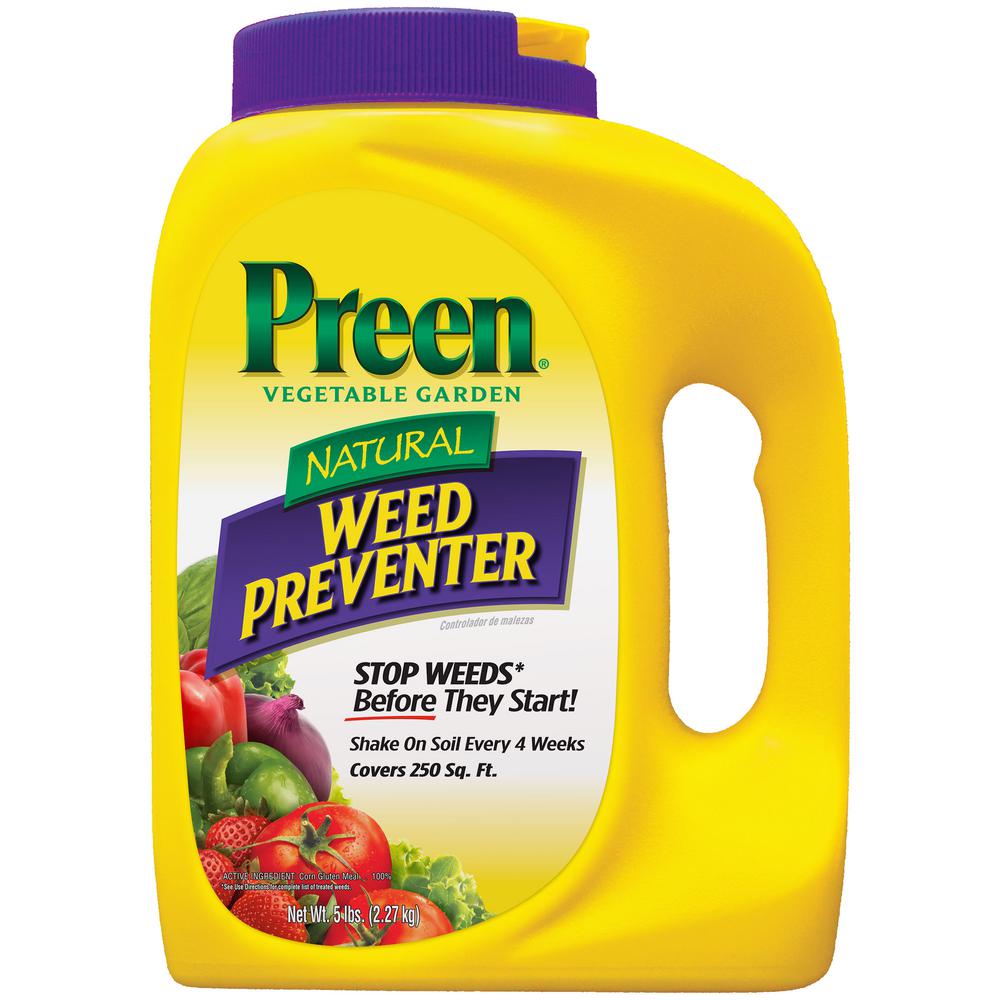Organic Weed Control Tips for Gardens

Organic Weed Control Tips for Gardens
Organic weed control for vegetable gardens is not just about avoiding chemicals; it's about creating a harmonious ecosystem where your plants thrive, and weeds struggle. Let's dive into some eco-friendly strategies to keep your garden weed-free and flourishing.
Understanding Weeds
Before we dive into organic weed control, let's understand what weeds are. Weeds are plants that compete with your vegetables for water, nutrients, and sunlight. They're not inherently evil; they're just in the wrong place.
Weed Prevention: The First Line of Defense
Weed prevention is the best way to control weeds organically. Here are a few strategies:
Healthy Soil
Healthy soil is the foundation of organic gardening. It promotes strong plant growth, making your vegetables better equipped to outcompete weeds. Compost and organic fertilizers can help build soil health.
Plant Spacing
Close plant spacing can help prevent weed growth by shading the soil and leaving less room for weeds to germinate.
Mulching
Mulching is one of the most effective natural methods for weed control. A thick layer of organic mulch, like straw or wood chips, can block sunlight, preventing weed seeds from germinating. Plus, it retains soil moisture and adds organic matter as it breaks down.
Natural Methods: The Weed Control Arsenal
When weeds do pop up, here are some eco-friendly strategies to control them:
Manual Removal
Pulling weeds by hand is the most straightforward organic weed control method. It's easiest when the soil is moist. Make sure to remove the entire root to prevent regrowth.
Solarizing
Solarizing involves covering the soil with a clear plastic sheet during the hot, sunny months. The heat from the sun kills weed seeds and seedlings.
Flame Weeding
Flame weeding involves using a propane torch to kill weeds with heat. It's most effective on young weeds and can be a satisfying, albeit careful, way to control weeds.
Corn Gluten Meal
Corn gluten meal is a natural pre-emergent herbicide. It prevents weed seeds from germinating but doesn't harm existing plants. It's a great option for garden maintenance.
Eco-Friendly Weed Control Recipes
There are also several homemade weed killer recipes you can try:
Vinegar Spray
White vinegar contains acetic acid, which can kill weeds. Mix equal parts vinegar and water in a spray bottle and apply directly to weeds on a sunny day.
Soap and Salt Solution
Mix 1 gallon of white vinegar, 1 cup of table salt, and 1 tablespoon of dish soap. Apply this solution to weeds, but be careful not to get it on your vegetables, as it can harm them too.
Boiling Water
Pouring boiling water on weeds can kill them, but it's a non-selective method, meaning it will kill any plant it comes into contact with.
Garden Maintenance: Keeping Weeds at Bay
Regular garden maintenance is key to keeping weeds under control. This includes:
Regular Weeding
Make weeding a part of your routine. The more often you weed, the easier it becomes.
Watering Practices
Water your vegetables, not your weeds. Using drip irrigation or soaker hoses can help ensure water goes where you want it.
Crop Rotation
Crop rotation can help disrupt weed cycles, making it harder for them to establish.
When to Call in the Pros
Sometimes, despite our best efforts, weeds can become overwhelming. If you're struggling with weed control, consider reaching out to a professional. They can provide personalized advice and services tailored to your garden.
For more tips on organic weed control for vegetable gardens, check out this helpful guide from Gardeners.com on organic weed control.
Conclusion
Organic weed control for vegetable gardens is about more than just avoiding chemicals. It's about creating a healthy, harmonious ecosystem where your vegetables thrive. By using these natural methods and maintaining a regular garden routine, you can keep weeds at bay and enjoy a flourishing garden.
FAQs
Q: What is the best way to prevent weeds organically?
A: The best way to prevent weeds organically is to maintain healthy soil, space plants closely, and use organic mulch.
Q: Is vinegar safe to use as a weed killer?
A: Vinegar is safe to use as a weed killer, but it's non-selective, meaning it can harm your vegetables if you're not careful. Always apply it directly to weeds and avoid contact with desired plants.
Q: How often should I weed my garden?
A: How often you need to weed depends on your garden, but making it a regular part of your routine can make the task easier. Aim for at least once a week.
Q: Can I use salt to kill weeds?
A: Yes, salt can be used to kill weeds, but it should be used sparingly. Too much salt can harm your soil and desired plants.
Q: What's the best way to dispose of pulled weeds?
A: The best way to dispose of pulled weeds is to add them to your compost pile. However, if the weeds have gone to seed, it's best to dispose of them in the trash to prevent spreading seeds.
0 Response to " Organic Weed Control Tips for Gardens"
Post a Comment